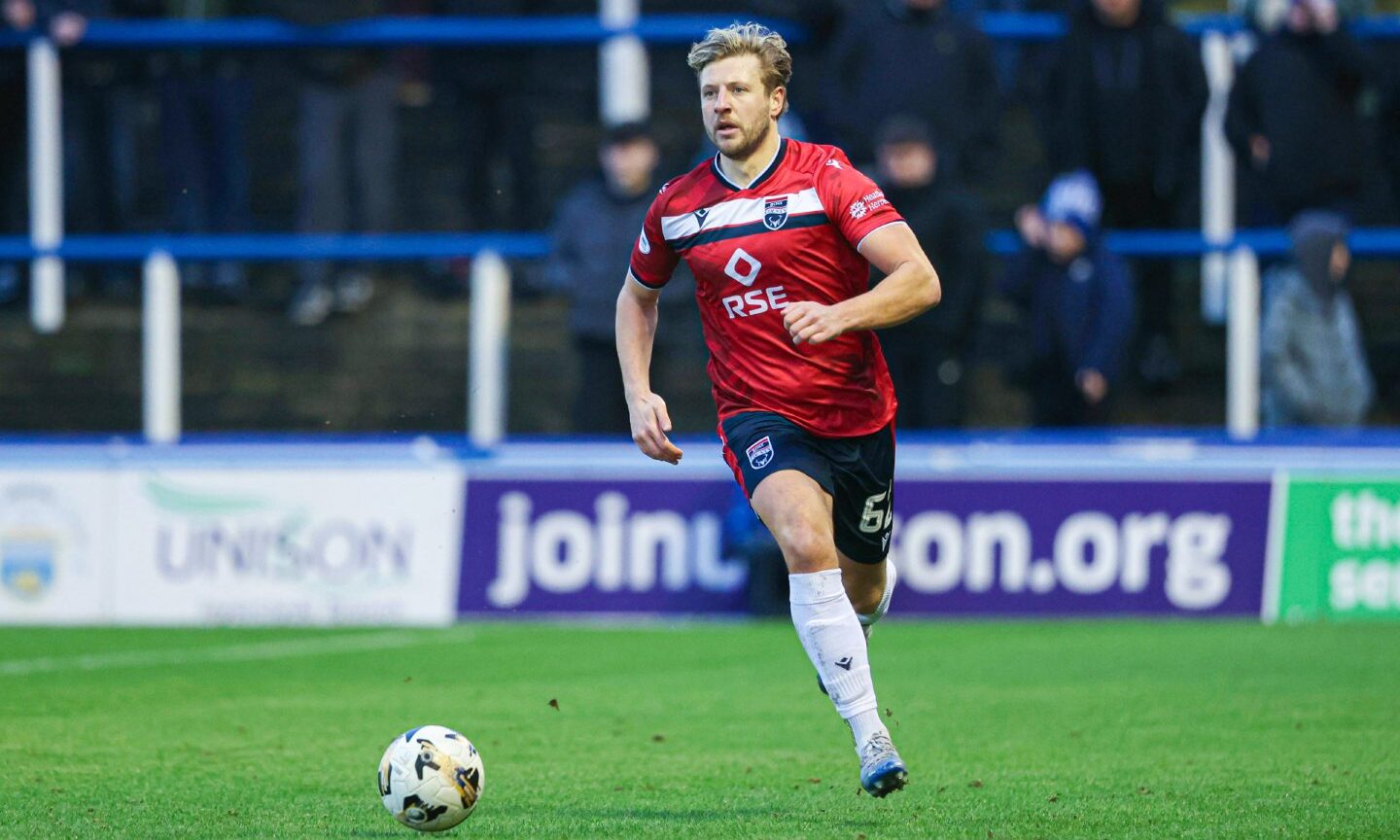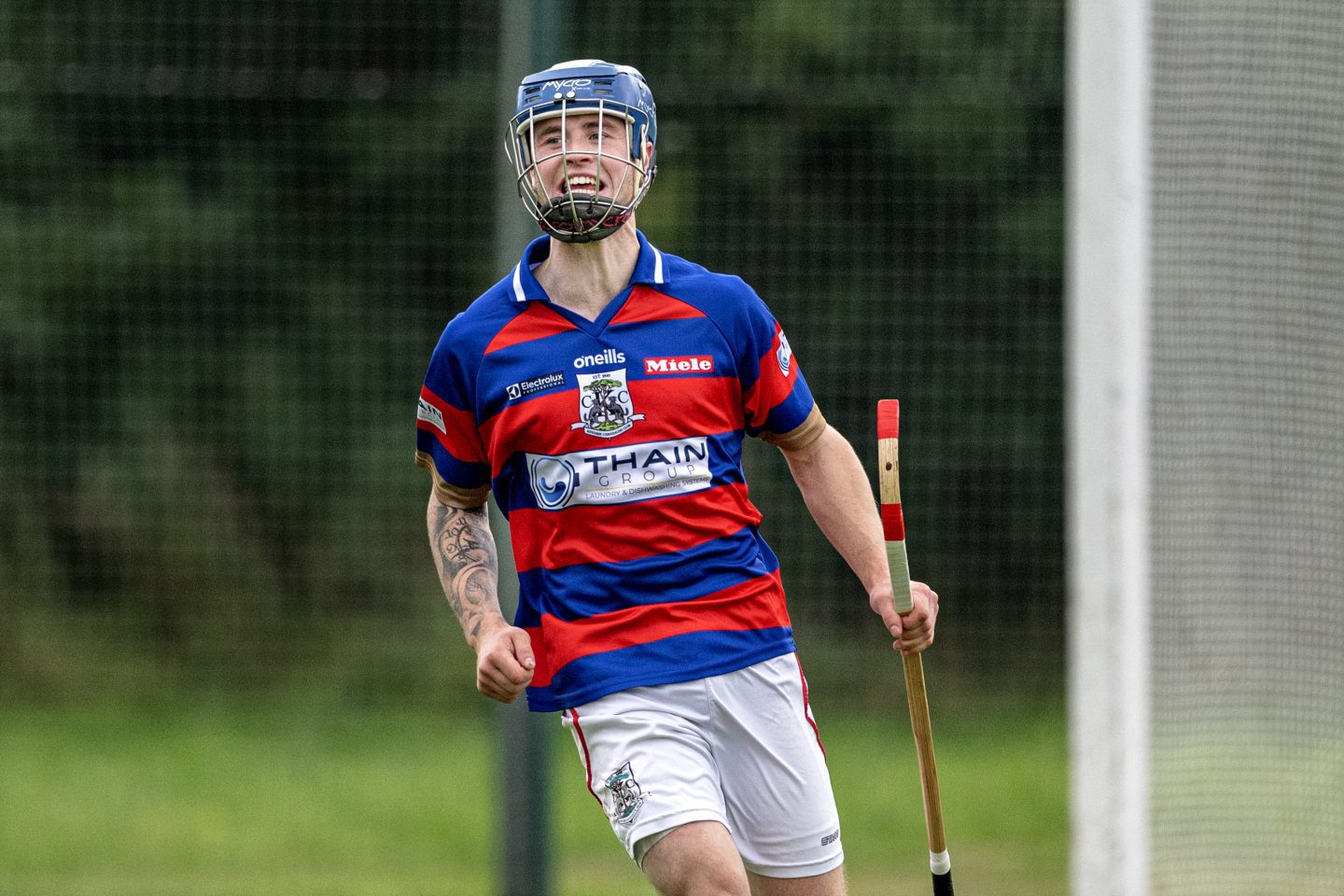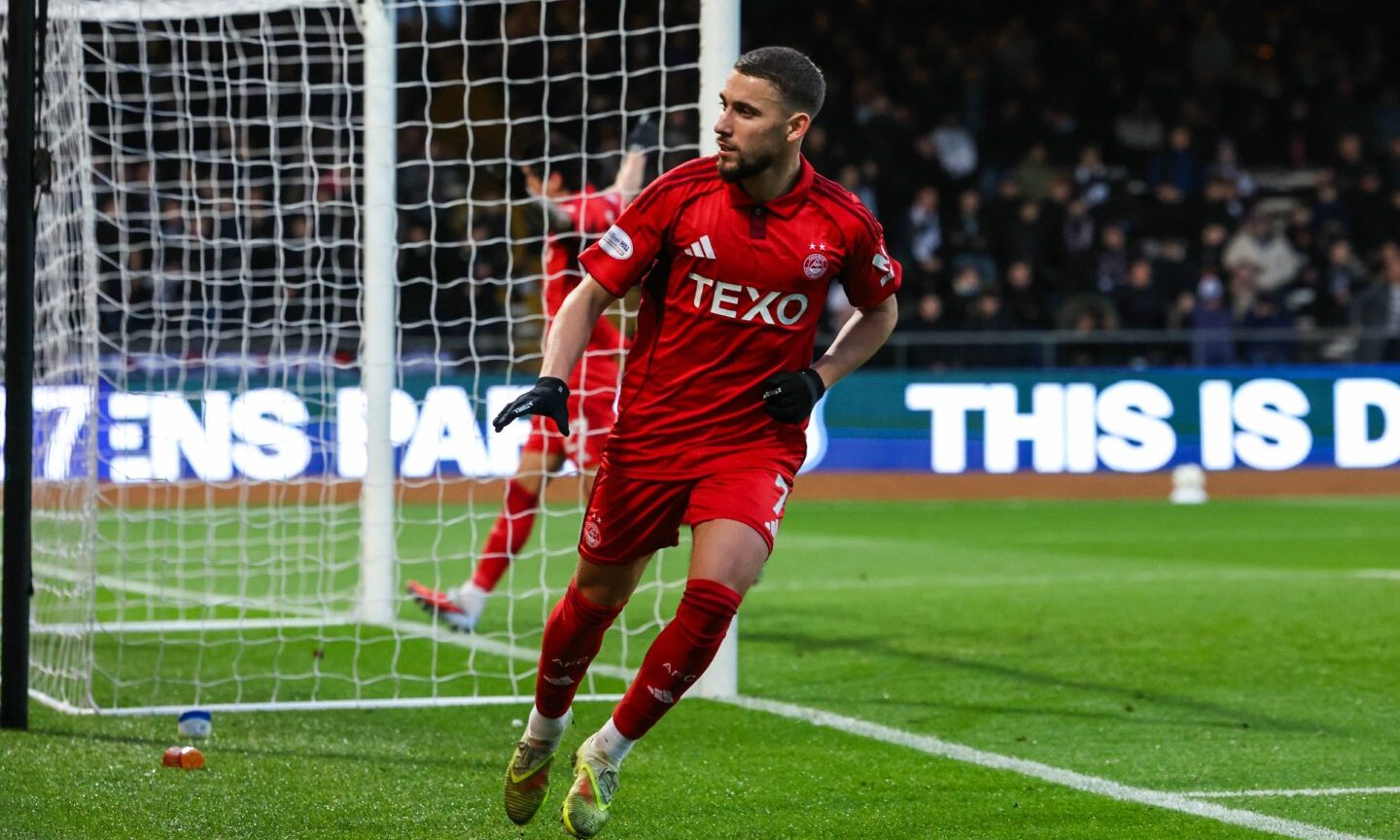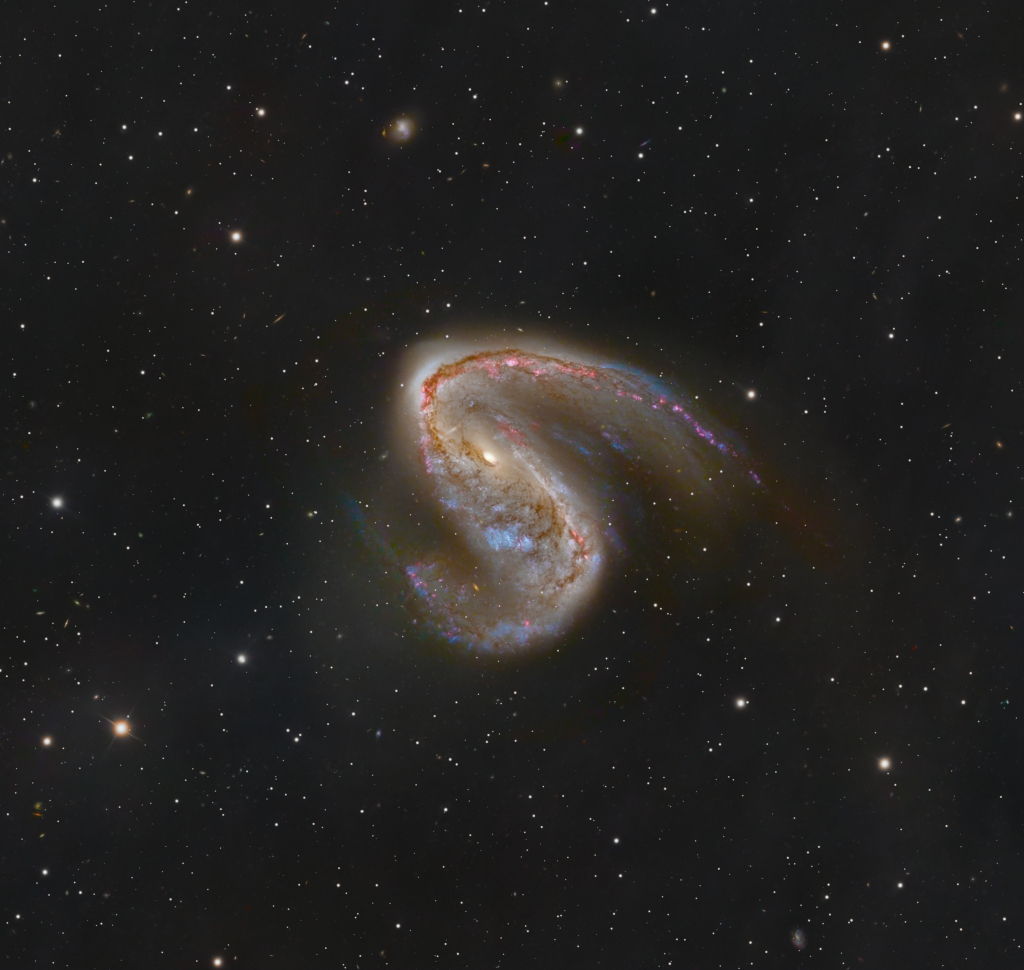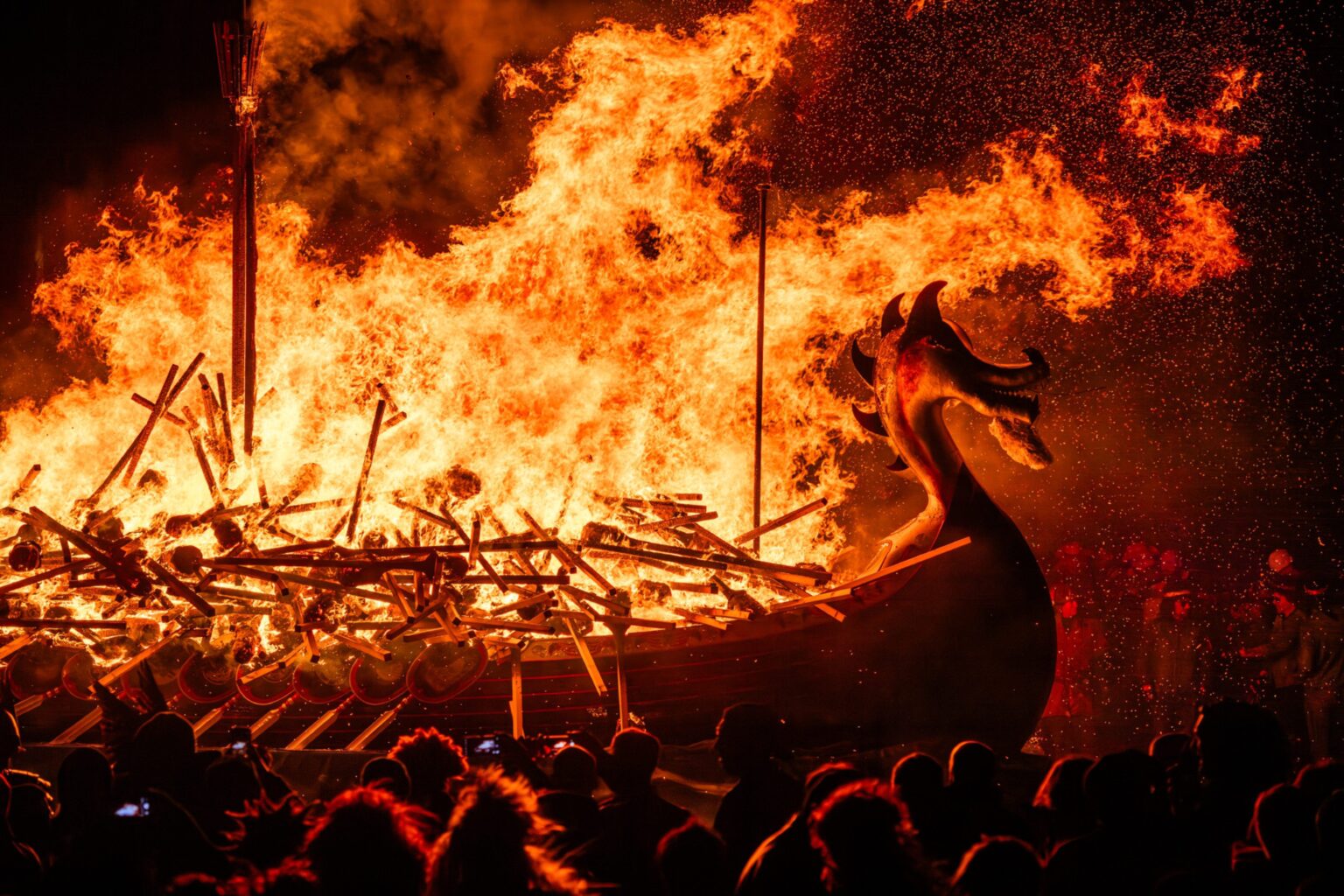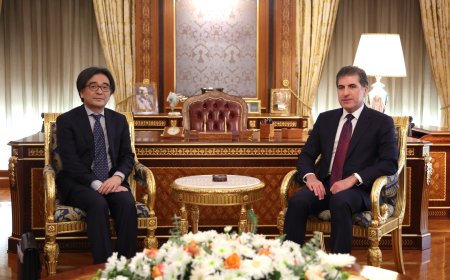Syrian government sees Kurdish as a 'foreign' language: Official

ERBIL, Kurdistan Region - The transitional government in Damascus regards Kurdish as a "foreign" language, a senior Syrian official told Rudaw on Sunday. This comes despite the presence of a large Kurdish population in the country.
Mohammed Sankari, the head of the government's office in the Kurdish-majority city of Afrin for political affairs, said the Education Ministry had revised the school curriculum to classify all languages, including Kurdish, as “foreign,” with the exception of Arabic.
"Arabic is the main language and all other languages are foreign, be it Kurdish, Turkish, Russian, French or English," he said.
Kurdish used to be the official language of education in Syria's northwestern city. However, after the Kurdish city came under the control of Turkey-backed forces in 2018, Kurdish-language education was reduced to just one hour per week. The interim government, which took power in December after ousting Bashar al-Assad’s regime, has now completely removed Kurdish from the curriculum in Afrin.
Farhan Haq, the deputy spokesperson of the secretary-general of the United Nations, said on October 21 that they are aware of media reports about the removal of Kurdish language from school curriculum in Syria’s Afrin city.
“We cannot confirm those reports, although we're aware of the media reports on this. What I can tell you is that the Secretary General strongly believes in the right of people everywhere in the world to speak the languages that they choose to speak and to learn all the different languages of those areas. So we want to make sure that the basic language rights of people are protected,” Haq told Rudaw during a press briefing.
Sankari said they are in coordination with the education authorities in Afrin to restore Kurdish education.
Sheikh Said Zade, a Kurd, was recently elected as a member of Syria’s interim parliament in an indirect election, told Rudaw late last month that it will take time for the Kurdish to be added to the curriculum.
When Afrin was controlled by Syrian militia groups in 2018, hundreds of thousands of Kurds fled the city. Sankari said 24,305 families have returned to Afrin since the collapse of Bashar al-Assad's regime in December.
The following is the full transcript of the interview with Mohammed Sankari:
Rudaw: What are the main security challenges currently facing the government authority in Afrin?
Mohammed Sinkari: First, the security situation in Afrin is fine, thank God. The ministries of interior and defense entered Afrin city at the beginning of liberation [fall of Bashar al-Assad’s regime in December] and took control of many locations that were previously under the control of armed factions. Most of these factions later joined the Ministry of Defense. Weapons outside the framework and law of the state were also controlled, as any weapon outside the state framework is illegal. Those carrying such weapons were pursued, arrested, and organized within state institutions.
Can you say that weapons have been completely controlled and placed under government authority?
Certainly, and the biggest proof of this - although our testimony, as they say, is biased as the Ministry of Defense - but we say that we have controlled the weapons and the security authorities have taken their role completely, and there are no longer any weapons outside the state framework. You can ask and conduct interviews with people on the streets and ask them to verify this. We, as a local administration, security agencies, and local council, say this and our testimony is biased - ask the people to know the truth of this statement.
There are some complaints about unofficial military and security manifestations in Afrin. Do you have a plan to end them?
At the beginning of liberation, there were many complaints and they were addressed one by one. Every complaint submitted to us as the area administration was dealt with very professionally, and any assault on the property of our people in Afrin city is dealt with firmly regardless of who the aggressor is, whether from the previous factions or those affiliated with them, or even if a brother assaulted his brother or anyone else - no one is above the law in Afrin and all of Syria.
Since Afrin is an agricultural area, how does the government ensure protection of the olive season and farmers' properties from any form of confiscation, taxation, or encroachment?
In fact, there was a major challenge for the government to control this issue. We know that the olive season is a red line for our people in Afrin. For this reason, the Ministry of Defense worked to control this situation and eliminate the previous economies that the factions had established. A committee was also formed to restore rights and grievances, and every landowner who has a right and complains that someone has seized his land, the problem is solved professionally. The property owner submits his official documents to the committee, and the committee follows up on the complaint. The person occupying the property is warned and given 48 hours to hand over the property to its owner.
Of course, some of our people in Afrin don't have any documents. So procedures were facilitated - if the landowner is outside Syria or outside Afrin and sends a documented video to the mukhtar (chieftain), this video is presented to the mukhtar with two witnesses. The mukhtar submits the complaint to the rights restoration committee and this video is accepted as an official document.
What about residents who have no official documents at all or lost them previously?
As I said, if there is the mukhtar and two witnesses with him, or if the property owner is present and has no official documents, if he has witnesses that this land is his property, with the mukhtar, this testimony is accepted.
We receive some complaints from some farmers in Afrin about the reactivation of offices of some armed factions taking tributes from them during the current olive season. Have such cases been recorded this season?
In the past period before the olive season, we met with citizens and discussed the issue with them in several districts like Shera, Jindris and some other districts. A complaints office was established in each district. If there is any complaint, assault or encroachment on citizens' properties, lands or crops, a complaint is submitted to this office which takes immediate action. We receive many calls, like so-and-so assaulted so-and-so's property. As I said, there is a rights restoration committee and many cases have been dealt with. The rights committee sought assistance from forces that follow the Ministry of Defense and Internal Security Forces. Some personalities who were previously in factions have been integrated into the Ministry of Defense and Internal Security Forces but they are under state authority, and any transgression by any element, the assaulted person must submit his complaint to one of these offices within his area.
What is your currently adopted mechanism for investigating these violations such as arbitrary arrests, property seizure, and even torture?
This question should be phrased differently - you have hypothetically assumed the existence of torture and kidnapping. I deny all these allegations and there is nothing of all these allegations. You can go down to the ground and see this with your own eyes and prepare a report about it and present it to viewers. I hope you will be accurate in receiving news sources and take news from its sources.
If a complaint or any type of violation is recorded, what is your adopted mechanism for investigation?
The procedural and security aspect pertains to the Ministry of Interior. If there is any complaint, whether criminal or security in all sectors, there are certain procedures within the sector or the committee specialized in that. There are procedures under the authority of specialized committees and they follow up professionally and accurately. Complaints are submitted and followed up directly.
Let's also stop at compensating those affected. Have mechanisms been activated to compensate them? What is your currently adopted mechanism for compensating people whose olive trees were cut in past years by armed factions?
It's too early to talk about this mechanism, because we are now in the olive season and there are priority works. Everyone whose trees were cut or whose land was assaulted, God willing, will be compensated through some mechanism. The rights restoration committee is working on formulating an internal system specific to this complaint, and there is also a judicial committee following up work with the rights restoration committee.
Since you took power, how many complaints have been registered with you?
Many - dozens of complaints were submitted and dealt with. There are also unjust complaints with no basis in truth. After verifying cases and going to the ground to investigate, it turned out that many complaints were undocumented and baseless. There are also dozens of real complaints that have been recorded - there is no specific number and they have been worked on professionally and competently.
So far and after the fall of Assad's regime, how many families have returned to Afrin?
I have statistics on the number of people who left Afrin, and as you know, there were many displaced people living in Afrin due to the oppression of the criminal regime as well as SDF attacks. They migrated, and there are still some displaced people from the eastern region [Rojava] in Afrin. The number of families that were in Afrin and left it after Syria's liberation to return to their homes and properties is 53,797 families. According to statistics, regarding Afrin residents who returned to Afrin according to statistics recorded until last week, 24,305 families have returned and their lands and properties they left behind before the attack have been handed over.
What government guarantees are provided to protect returnees to Afrin and the original residents who remained there?
What guarantees? The guarantee is that you come to your land, your house, and your property and receive it without any harassment. Any complaint or grievance submitted to the relevant authorities is dealt with by all forces, whether police forces, security, or even our media offices that document all these cases. Any assault on a family is dealt with professionally, but so far no incident of assault by any person on another has been recorded. Of course, we don't say it's a virtuous city - some theft crimes and fights occur and these cases happen in all countries of the world. We now live in a city in a normal situation, Kurds and Arabs live together. People also felt safe after liberation. As I said before, you should go down to the ground and ask people about security and stability more than us.
Do Afrin schools receive Kurdish students who were studying the Kurdish region of Rojava curriculum and returned to their city Afrin after the collapse of Assad's regime?
Of course, we welcome every Syrian student, not only in Afrin, but in any Syrian school, regardless of the curriculum they studied. We r eceive students from all countries of the world from Syrian refugees outside Syria as well. There are students who came from Germany and Italy, and there are students who came from Egypt, and this is documented in the Ministry of Education. Some schools allocated a class for students who don't speak Arabic fluently as an initiative to receive these students. We welcome any student, whether in Afrin or in any Syrian school.
Teaching the Kurdish language has been banned in Afrin schools, why? Doesn't this contradict the Syrian government's discourse domestically and to the world that Syria has become a country without discrimination among all Syrians?
This is untrue - the Kurdish language has not been banned. But when we started the new academic year in schools, there was an obstacle before the current government to unify curricula throughout Syria, and Afrin is part of Syria and all curricula were unified. Before liberation, there were schools in Afrin before liberation that taught the Kurdish language, but after liberation, curricula were unified in all Syrian cities and provinces. Two days ago, the Ministry of Education issued a decision… which included in its fifth article keeping foreign languages unchanged as scheduled for the 2024-2025 academic year.
What do you mean by foreign language here, do you mean Kurdish is included?
All foreign languages except Arabic. Arabic is the main language and all other languages are foreign, be it Kurdish, Turkish, Russian, French or English - this decision includes them.
But as an optional subject, I think. Are you working to restore teaching the Kurdish language in all Afrin schools?
Of course, this is being done in coordination with the educational complex in Afrin to implement this decision to restore teaching the Kurdish language.
[Source: Rûdaw English]

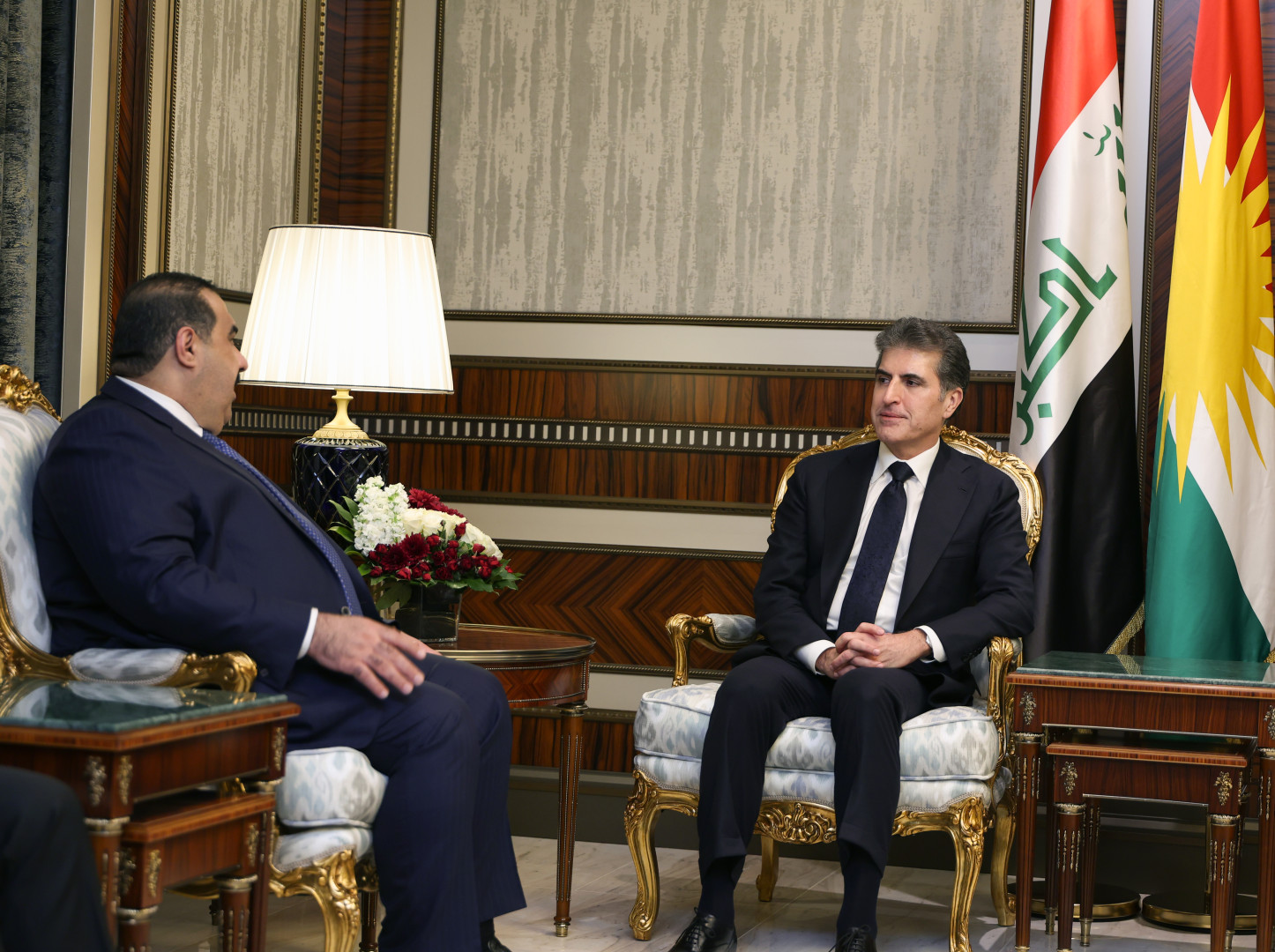

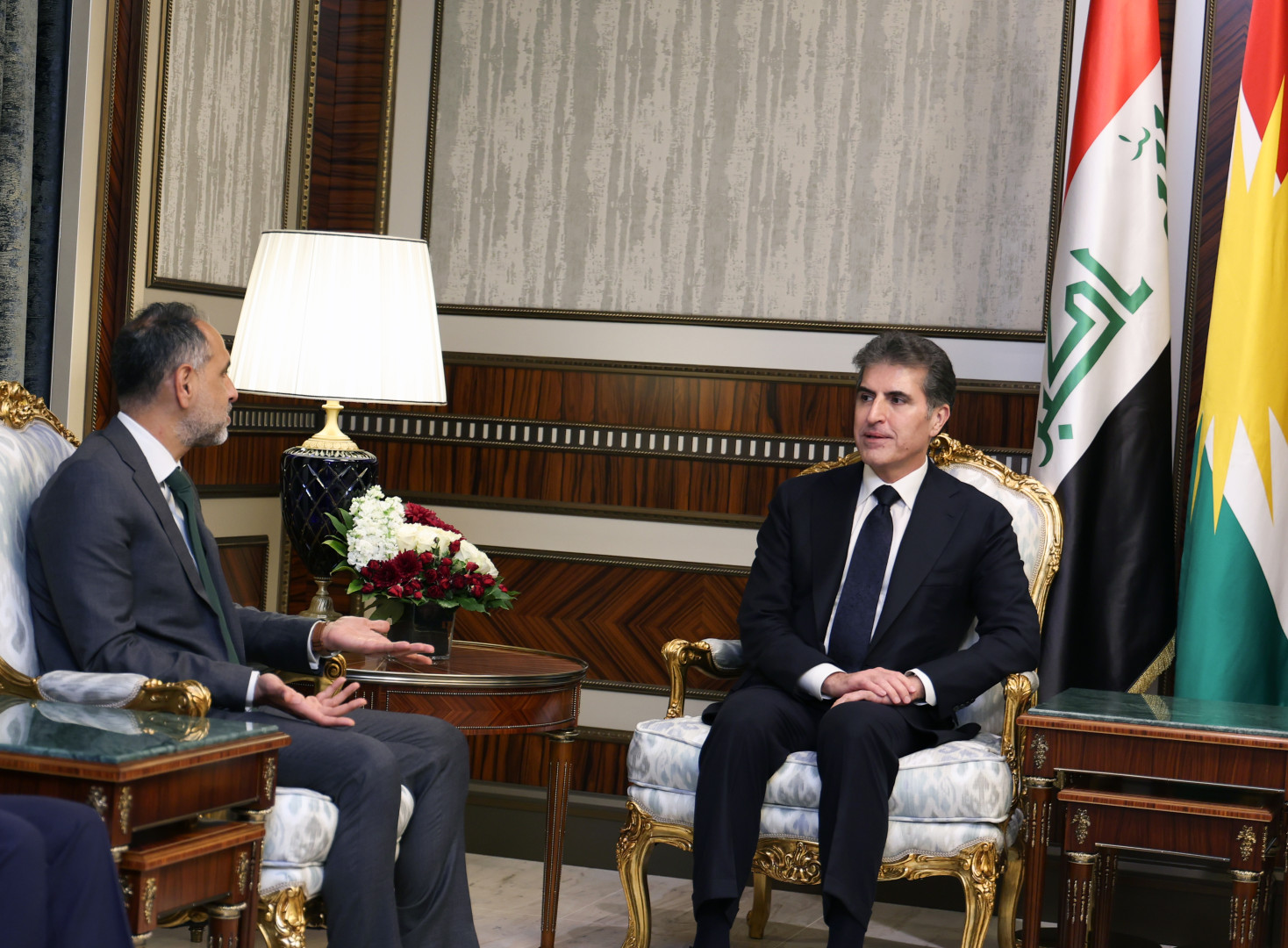





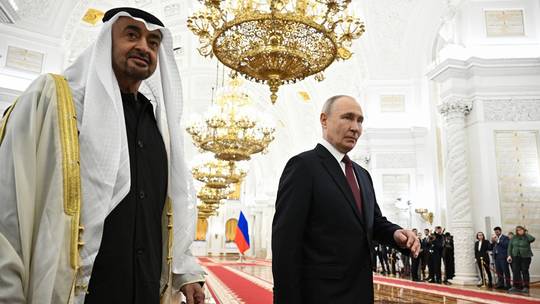









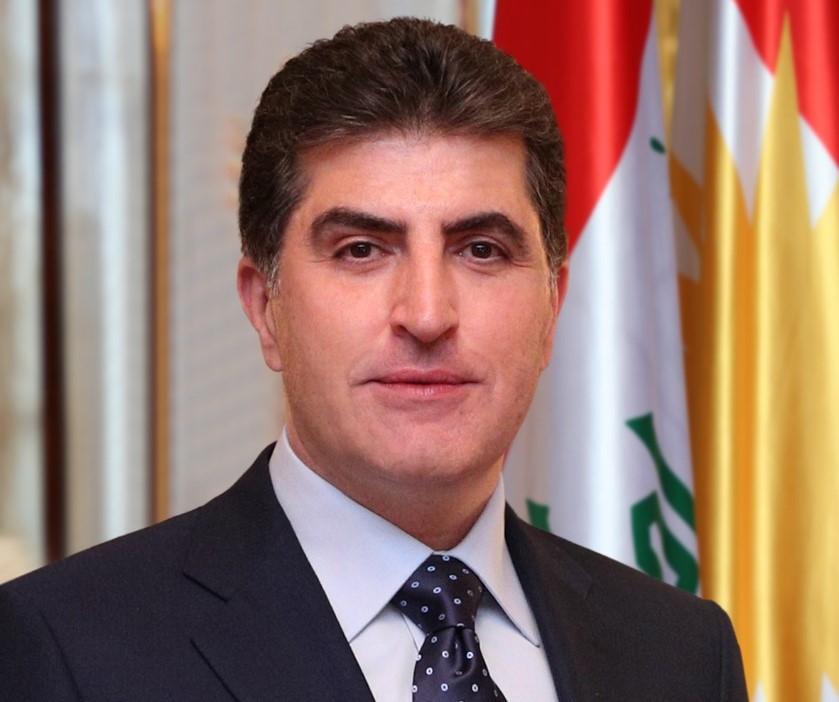


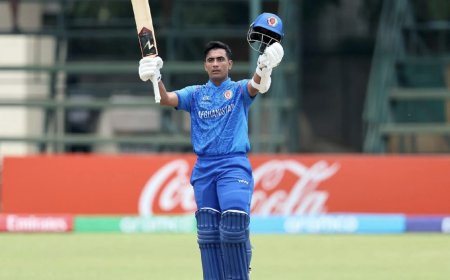
/file/attachments/orphans/IMG_9103_429753.jpeg)


